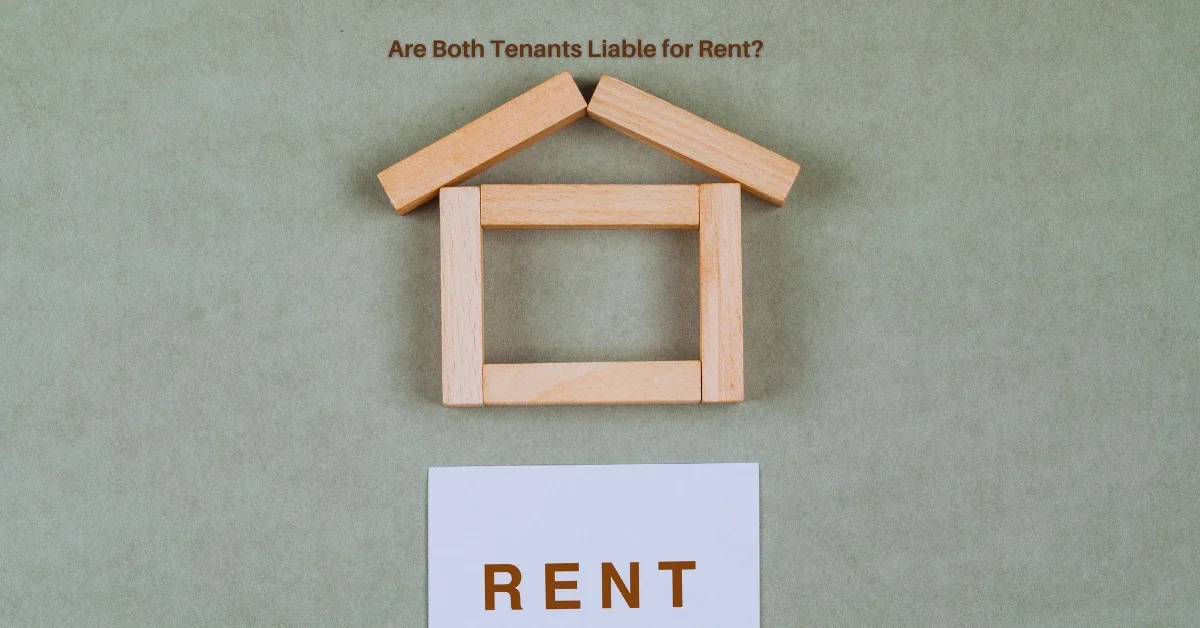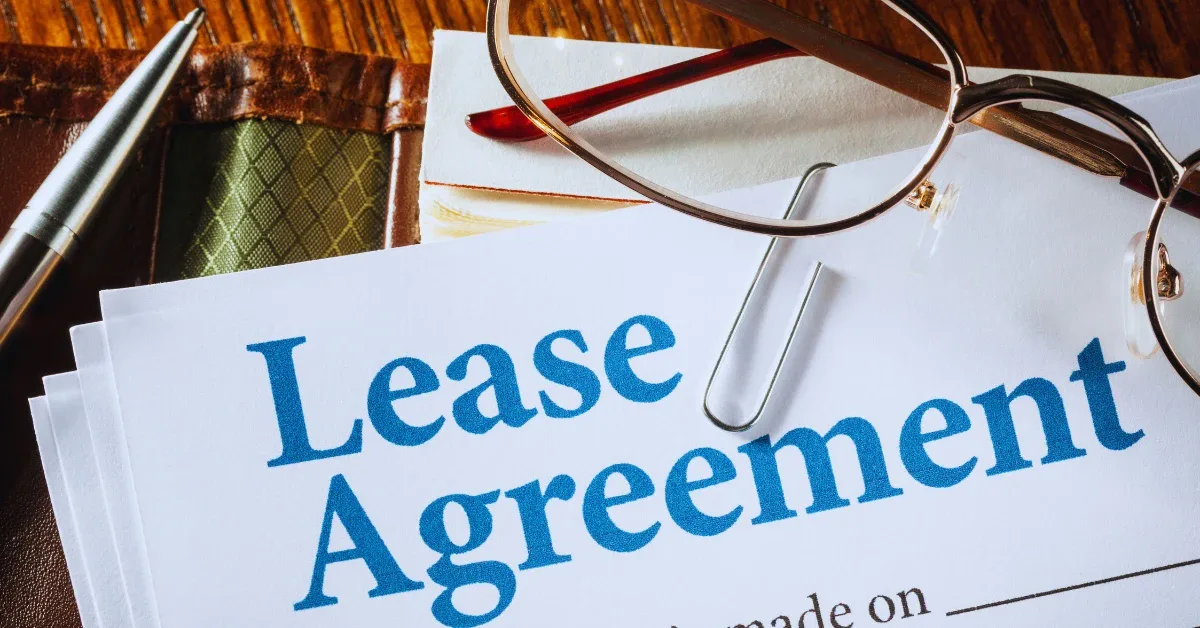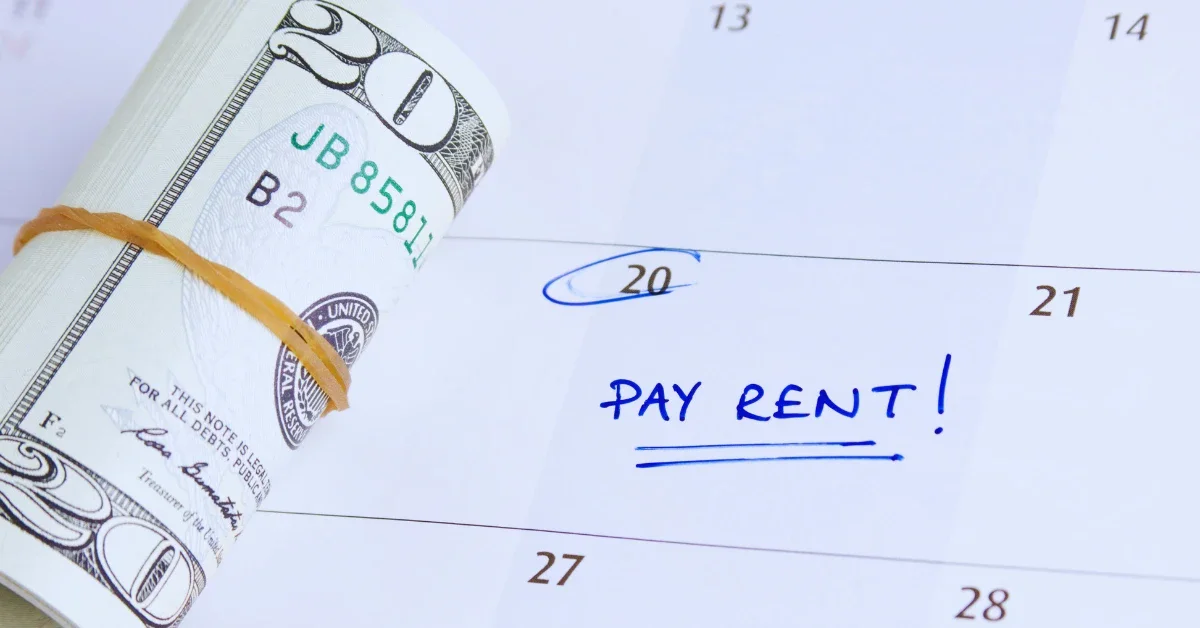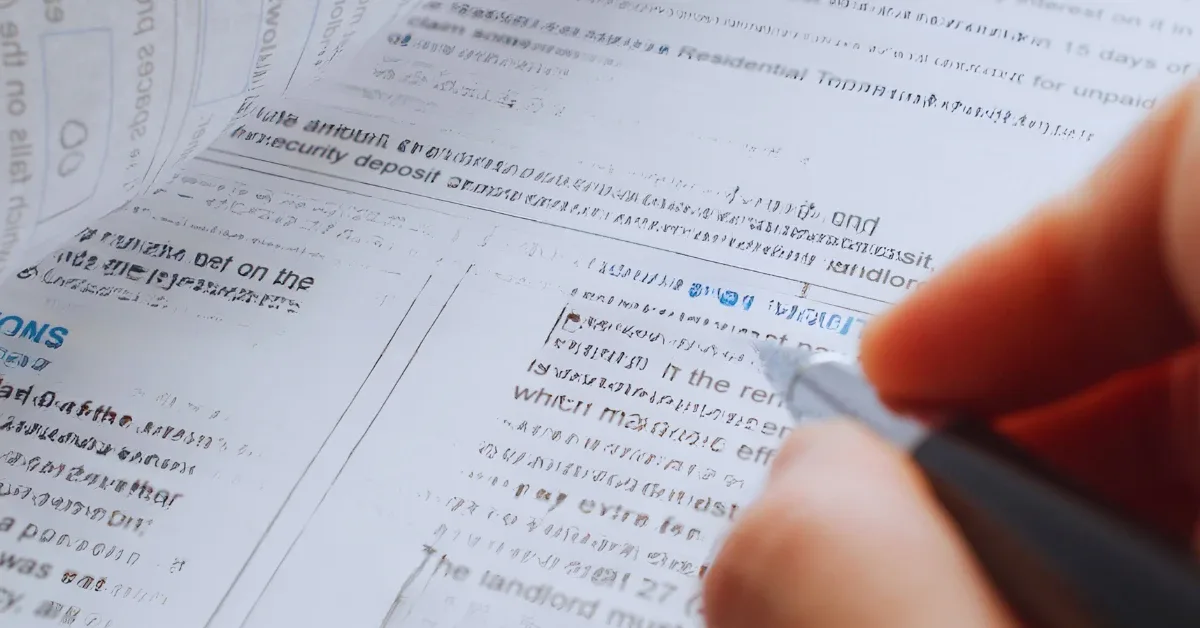
One of the key elements in a lease agreement is the obligation to pay rent. In a joint tenancy, all the tenants are equally responsible for paying the rent amount, and if one tenant fails to pay it, the other tenant(s) are liable for the entire rent amount.
This means that if one tenant misses a payment, the landlord can go after any or all of the tenants for the full rent. It is essential to discuss and establish financial responsibilities and payment schedules with your roommate before signing a joint lease. Understanding obligations can prevent any unwanted stress or legal complications in the future.


When it comes to renting property, it’s not only necessary to understand the rights, obligations, and responsibilities of the landlords or property managers, but it’s also critical for tenants to be aware of their legal commitments.
Understanding the legal responsibilities of tenants in a lease agreement helps them become better renters and ensures a smooth tenant-landlord relationship.
Before signing a lease agreement, tenants must carefully review the terms and conditions to understand their obligations and legal responsibilities.
The lease agreement is a legal document that outlines the rules and regulations for the tenant’s stay in the rental property.
It’s vital to go through the lease agreement thoroughly to avoid any misunderstandings or conflicts later on.
A lease agreement typically includes specific provisions that outline the specifics of the tenant’s stay in the rental property. Common lease provisions include:
Breaking the lease agreement can have legal and financial repercussions for the tenant.
The lease agreement is a legally binding document that obligates the tenant to remain in the rental property for the entire lease term.
Breaking the lease agreement can result in legal action and financial damages, including penalties, unpaid rent, or the loss of the security deposit.
One of the primary responsibilities of property managers and landlords is to collect rent from the tenants.
They provide the tenants with a payment schedule, which can be weekly, monthly, or yearly, depending on the agreement.
It’s crucial for property managers or landlords to provide tenants with a record of the rent payment to avoid misunderstandings or conflicts.
Read About: Can You Renew Your Lease After Giving Notice? PosibilitiesProperty managers and landlords have certain legal obligations regarding the rental property and their tenants.
They are responsible for providing safe and healthy living conditions for the tenants, maintaining the property, and abiding by local and state laws.
Before renting out their property, property managers and landlords often conduct tenant screening and background checks.
The screening process evaluates the tenant’s ability to pay rent, credit history, and criminal background to ensure they are eligible to rent the property.
Rent payment is a vital aspect of the tenant-landlord relationship. Tenants have the legal obligation to pay rent promptly to stay in the rental property.
Late rent payments can result in penalties, late fees, eviction, or legal action, which can cause financial and legal difficulties for the tenant.
Understanding the legal responsibilities of tenants is crucial for their stay in the rental property.
Tenants must carefully review the lease agreement, pay rent on time, and follow the rules and regulations outlined in the lease agreement.
Likewise, property managers and landlords have specific legal obligations regarding the rental property and their tenants to ensure a positive tenant-landlord relationship.

Are you co-tenanting a rental space with someone else? If so, one big question you may have is whether both tenants are accountable for rent payments.
When renting a property, a joint tenancy arrangement can exist between tenants, or two or more people sharing the same rental property.
Joint tenancy is a practice where two or more people own the same property at the same time. Joint tenants have equal rights to the property and share common interests.
In the context of a tenancy agreement, a joint tenancy arrangement manifests when all tenants consent to and sign the rental agreement at the same time, and each person assumes equal responsibility for paying rent.
A joint tenancy stands in stark contrast to a tenancy-in-common, whereby tenants can hold unequal shares in a property, and the right of survivorship does not affect each party’s share of ownership.
Joint tenancy is a preferred arrangement for couples or family members who live together and split expenses like rent.
While each tenant in a joint tenancy bears equal responsibility for paying rent, landlords treat all tenants collectively, rather than individually.
It follows, therefore, that if one tenant is unable to pay rent, the other tenant(s) must pitch in to cover the owed amount.
A key difference between joint tenancy and several liability involves the number of tenants liable for expenses.
Under joint tenancy, all tenants share the whole responsibility of rent payment. However, several liability imposes individual accountability for a tenant’s portion of the debt.
Individual tenants partake in a given portion of the economic activity while upholding joint control over the entire tenancy.
Read About: Can a Landlord Remove Someone from a Lease: Essential StepsIn the case of several liability, landlords possessing the power to demand payment from any one tenant can increase the odds of receiving rent payment.
Each tenant owns a separate portion of the property and the property’s potential resale value.
Therefore, a landlord could, with certain limitations, demand payment from any specific tenant in case of damages necessitating repair.
Joint tenancy is an excellent option for individuals who benefit from shared responsibilities and equal ownership of property.
However, joint tenancy may lead to unintended legal consequences.

To ensure everyone is on the same page, individuals should have a joint tenancy agreement defining crucial elements such as rent payment, who has a say in property decisions, and how to navigate significant tenant challenges.
Multiple tenancy agreements allow several tenants to live in a single property and share its expenses and facilities.
In a standard tenancy agreement, one tenant takes full financial responsibility for all rent and damages. However, multiple tenancy agreements provide more flexibility for tenants.
In this arrangement, two or more tenants enter into a single agreement with the landlord or property manager.
Multiple tenancy agreements can have several advantages and disadvantages, including:
It’s essential to establish the liability and responsibilities for each tenant in a multiple tenancy agreement. Here are some ways to do so:
It’s the responsibility of the landlord or property manager to ensure that each tenant is aware of their obligations and responsibilities.
The landlord or property manager should provide clarity by implementing policies in case of failure to meet obligations.
They should also ensure that each tenant is aware of the consequences of violating the agreement while also ensuring they understand the clauses mentioned in the agreement.
Drafting specific lease terms for each tenant in a multiple tenancy agreement can help distribute responsibilities and limit confusion.
Each tenant should have a separate lease agreement specifying their responsibilities and obligations, which may include details of their rent and security deposits as well as when these are due.
In addition to this, the lease agreements must be written in simple, easy-to-understand language.
Yes, both tenants are legally responsible for paying rent equally, even if one tenant is unable to pay.
Yes, if both tenants signed the lease jointly, they are both responsible for ensuring that the rent is paid in full and on time.
Not easily. Each tenant on the lease is jointly and severally liable for the rent, so removing one tenant would require the cooperation of all parties involved.
One possible solution would be to have each tenant sign a separate lease agreement with the landlord to ensure each tenant’s liability for rent separately. Another option would be to have one tenant be in charge of collecting the rent from the other tenant and submitting it to the landlord.
It is vital for tenants to understand the implications of their rental agreements, especially when it comes to liability for rent. Whether both tenants are liable for rent depends on the wording of the lease agreement.
If the lease states that each tenant is jointly and severally liable for rent, then both tenants are responsible for paying rent in full, regardless of individual contributions.
In the case of disputes, it is recommended that tenants seek legal advice and try to resolve the matter amicably with their landlords in a timely manner to avoid legal complications down the line.
Overall, knowing the implications of lease agreements and taking preemptive measures can save tenants a great deal of hassle and headache.